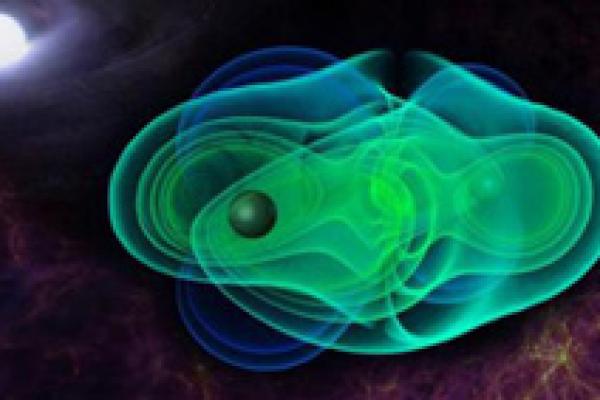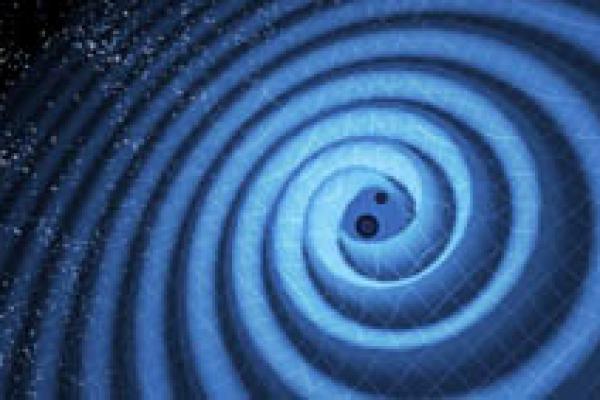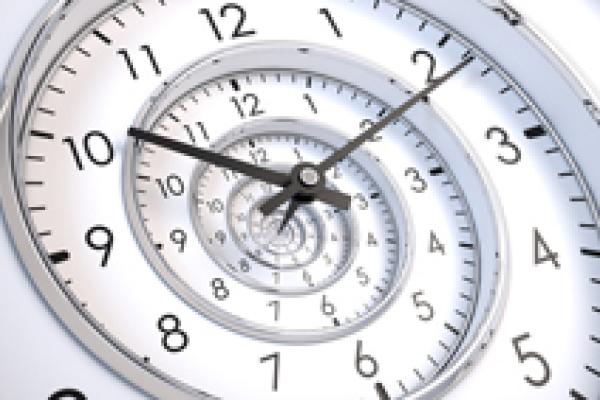Article


New windows on the Universe
Find out what gravitational waves will tell us about the Universe: from understanding its birth to figuring out whether black holes have hairs.





